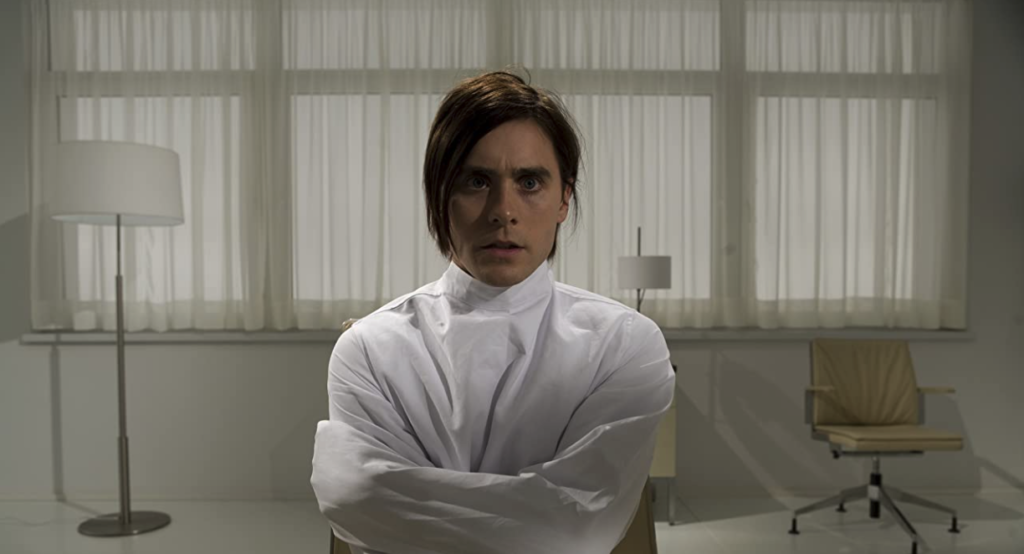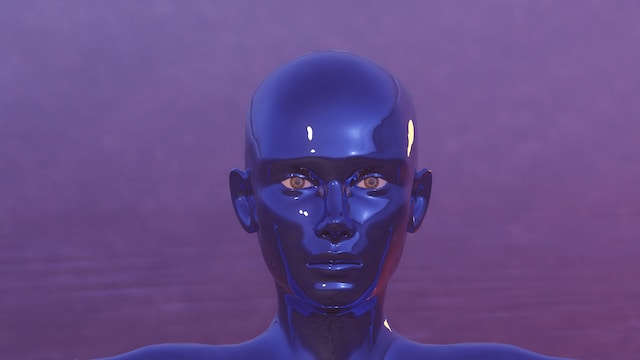Science has always inspired science fiction, but more importantly – the opposite is also true. Ideas presented in books, movies, and other art forms can serve as initial motivation for scientific research and technology creation and ultimately become reality. The theme of biological immortality is not an exception. While it might have seemed purely fictional a few decades ago, scientists are now gradually leaning towards this being a real, not so distant, future possibility. If you’re interested in this research area you’d most likely enjoy the following movies that are not only related to this subject but are great works of art in general.
Death Becomes Her

Goldie Hawn and Meryl Streep in Death Becomes Her (1992)
If you’re a millennial, Death Becomes Her is probably one of the first movies about immortality that you came across in childhood. It is also one of the few movies with a plot centering around immortality, while many of them only have elements of this topic.
The movie is really fun to watch. It balances drama and comedy very well but as the movie goes on, it leans far more on the comedic side. Although entirely fictional, it addresses the possible “side effects” of achieving immortality in a humorous manner. This movie has an underlying moral/philosophical message that seems to be the mocking of common human vices – jealousy, greed, selfishness, arrogance. Immortality is a wonderful gift when it is treasured and taken care of, but it might turn against those who lack some essential human qualities in the first place.
Mr. Nobody

Jared Leto in Mr. Nobody (2009)
While Death Becomes Her may have ‘magically’ bewildered your imagination and dreams about the possibility of immortality during childhood, Mr Nobody represents immortality as a more realistic future possibility for humanity. Even though immortality is not the main topic of this movie and is only used as the setting for the plot, the movie envisions the whole of humanity becoming biologically immortal by scientific means, rather than just one or a few lucky individuals, and therefore makes you consider this as an actual future possibility.
This was definitely the case for me – although briefly mentioned in the movie, this vision of humanity as immortal and no longer ageing, sparked my initial interest in the topic as this is something that could possibly happen. I also think that the year this movie was made (2009) has a lot to do with its inspirational effect. It seems that from around 2010 more and more talks about extreme life extension and even biological immortality as an actual possibility for humans could be heard here and there in the scientific community. The topic was slowly picking up speed and becoming a trend.
Apart from having a longevity theme, this movie is also very philosophical, dealing with topics of faith, choice, infinite possibilities, and the strength of the human spirit. So it’s fair to say that it focuses on both biological as well as spiritual immortality.
Only Lovers Left Alive

Tilda Swinton in Only Lovers Left Alive (2013)
Only Lovers Left Alive is a vampire movie unlike most vampire movies. Being a Jim Jarmusch’s film, it has a strong indie feel to it. It’s very stylish and classy, full of cultural, historical, and scientific references. The lengthy lives of the vampire characters in it are intertwined with human history and culture. The vampires significantly influence it here and there.
Like no other, this movie makes you wonder about how many books you might read/write, songs you might listen to/compose, and historical events you might witness/cause if you were able to live for centuries. Even though the vampires try to hide themselves as much as possible as to not attract attention, their artwork – music, poetry, writing – resurfaces into the public sphere one way or another. In general, the human qualities of the vampires in the movie seem to be much more emphasized than their vampire side; instead of killing people they feed on blood smuggled from the hospitals, they fall in love, get married, and sometimes ponder about suicide.
This whole setting of the movie, which has no horror elements, a lot of cultural references, and intertwining of vampire lives with human history, emphasizes their immortality more than anything else. It’s easier to see them as a group of humans with a special ability to live longer rather than cruel monsters. It makes you think that if a small part of the human population were biologically immortal, they would probably be living lives similar to those of the characters in this movie; however, instead of human blood, a technological intervention, rare genetics, or some other means, would be what makes them immortal. Nevertheless, such people might have their own reasons to keep it a secret from the rest of society. It doesn‘t seem entirely unlikely that this might already be the case and some people are living such extraordinary lives while simply hiding it from others. This last thought brings us to the next movie.
The Man from Earth

Alexis Thorpe and Ellen Crawford in The Man from Earth (2007)
This movie is unique in a way that even though it’s not a documentary, the style is similar to a documentary and the whole movie is set up like a thought experiment. The plot follows the meeting of a few close friends and colleagues; academics have gathered to wish farewell to their friend who is about to move and live elsewhere. During the course of the conversation, that friend unexpectedly reveals that he is in fact 14,000 years old, a survivor of the Upper Paleolithic period.
The group initially takes it as a fun thought experiment and being scientists, they all start discussing the (un)likeliness of such a possibility. As the discussion progresses, instead of assuring this to be impossible it only seems to cast more doubt about whether or not such extremely rare cases of extraordinary biology, whatever the mechanisms behind it, could exist naturally. If biologically immortal individuals do exist, they would most likely choose to conceal their uniqueness only revealing it under rare circumstances to very close friends, just like the protagonist of The Man from Earth.
The Age of Adaline

Michiel Huisman and Blake Lively in The Age of Adaline (2015)
Similarly to Only Lovers Left Alive and The Man from Earth this movie deals with disguising one’s immortality and identity change, but what’s unique about it is the cause of immortality depicted. In this movie, the protagonist’s immortality is externally induced by a combination of rare natural circumstances, hence such possibility balances nicely on the edge of fantasy and science fiction.
The movie gives a theoretical explanation about the mechanics of the phenomenon: a combination of anoxic reflex caused by the body’s sudden immersion in freezing water and a powerful electrical discharge from a lightning strike induced ‘Von Lehman’s principle of electron compression in DNA’, which will be discovered in 2035. The principle is of course purely fictional, nevertheless, this encourages us to reflect on how the body might react to an unlikely combination of such extreme conditions, even more so because extreme cold is already associated with life preservation. The Age of Adaline also has a good plot in general and is simply a pleasant drama to watch.
I hope this list will inspire you to watch any of these movies if you haven’t seen them all yet. All of them have the potential to inspire people’s dream of being able to remain young and live as long as they want to – and that possibility could be fast approaching.














